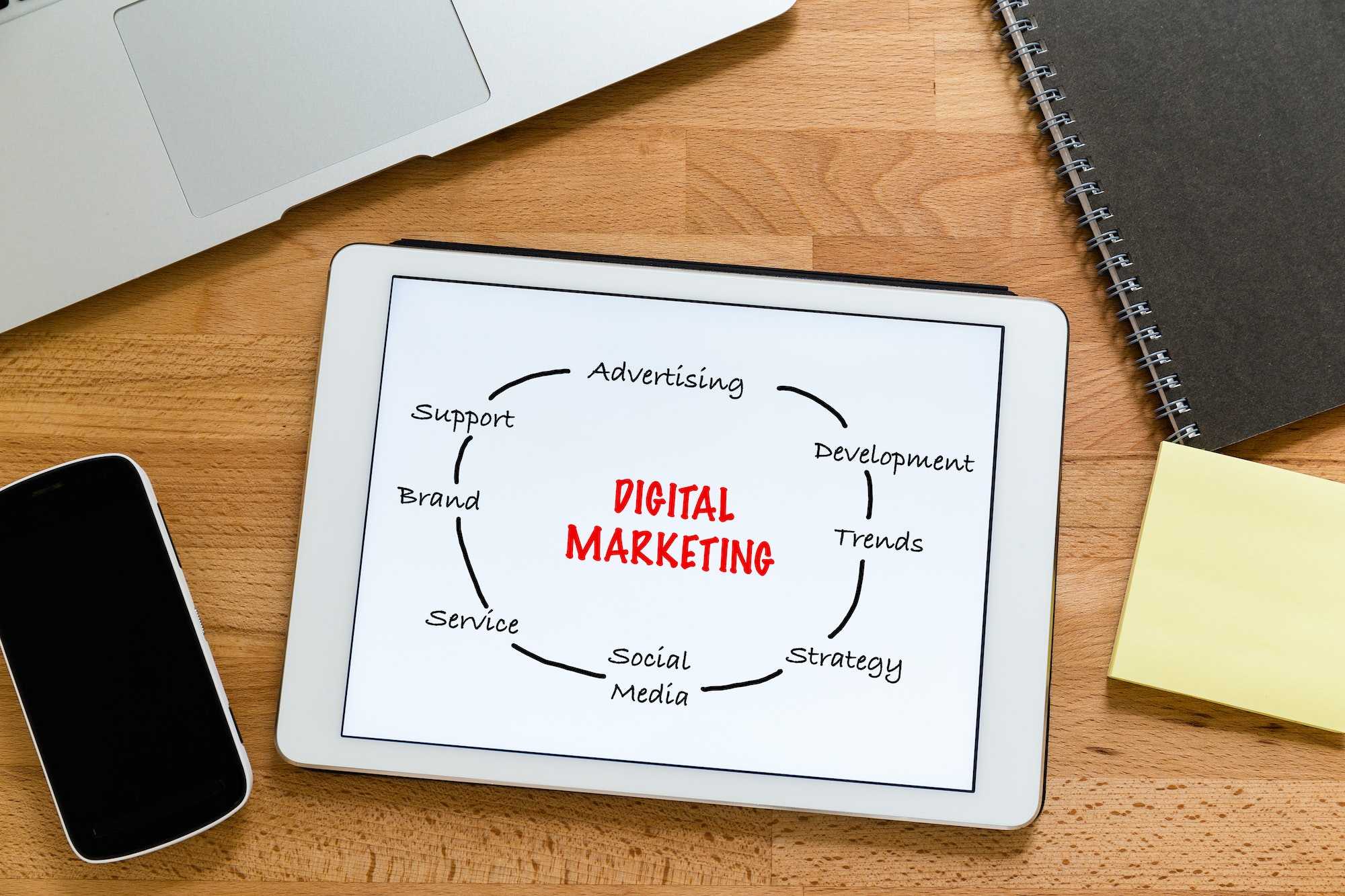In today’s digital age, effective digital marketing strategies are crucial for landscaping businesses to stand out and attract customers in a competitive market. To help you navigate the digital landscape, we have identified five essential strategies that can drive success and growth for your landscaping business. From search engine optimization (SEO) to social media marketing, content creation, website optimization, and paid advertising, let’s explore these key strategies in detail.
- Harness the Power of Local SEO:
Local SEO is a game-changer for landscaping businesses looking to connect with their local target audience. By optimizing your website and online presence for local searches, you can increase visibility and attract customers in your service area. Start by conducting keyword research to identify relevant local search terms. Incorporate these keywords into your website content, meta tags, and page titles. Additionally, create location-specific content, such as blog posts or landing pages, that target specific cities or regions. Ensure your business is listed accurately on online directories such as Google My Business, Yelp, and Bing Places. Encourage satisfied customers to leave positive reviews, as they play a vital role in boosting your local search rankings.
- Engage and Expand with Social Media Marketing:
Social media platforms provide excellent opportunities for landscaping businesses to engage with their audience and showcase their expertise. Identify the platforms where your target audience is most active, such as Facebook, Instagram, or LinkedIn. Create a social media strategy that aligns with your business goals and target audience. Share visually appealing images and videos of your landscaping projects, including before-and-after transformations, design inspirations, and behind-the-scenes glimpses of your team at work. Educate and entertain your audience with informative posts about seasonal tips, plant care, garden design ideas, and landscaping trends. Engage with your audience through comments, messages, and social media groups to build trust, answer questions, and establish your authority in the industry.
- Develop a Content Marketing Strategy:
Content marketing allows you to establish your landscaping business as a knowledgeable industry leader while attracting and educating your target audience. Start by creating a blog on your website and regularly publish informative and engaging articles related to landscaping tips, design ideas, seasonal maintenance, and industry trends. Conduct keyword research to identify relevant topics and incorporate those keywords naturally into your content. Share your blog posts on social media platforms to drive traffic back to your website. Consider guest blogging on relevant websites or collaborating with influencers in the home and garden niche to expand your reach and build credibility. Additionally, create visually appealing infographics, instructional videos, and downloadable resources that provide value to your audience. By consistently producing high-quality content, you can attract organic traffic, establish brand authority, and foster long-term relationships with your customers.
- Optimize Your Website for User Experience:
A well-designed and user-friendly website is crucial for converting website visitors into customers. Ensure your website is visually appealing, mobile-responsive, and easy to navigate. Use high-quality images that showcase your landscaping projects and evoke the desired emotions in your target audience. Provide clear information about your services, contact details, and a portfolio showcasing your past projects. Include persuasive calls-to-action (CTAs) throughout your website to encourage visitors to contact you or request a quote. Optimize your website’s loading speed by compressing images, minifying code, and utilizing caching techniques. Ensure that your website is secure with an SSL certificate, which not only boosts user trust but also helps with SEO rankings. Regularly update your website with fresh content, optimize your landing pages for specific services or locations, and use analytics tools to gain insights into user behavior and make data-driven improvements.
- Leverage Paid Advertising:
Paid advertising, such as pay-per-click (PPC) campaigns, can generate immediate visibility and drive targeted traffic to your website. Start by identifying the platforms and channels where your target audience is most active and create targeted ad campaigns. Conduct thorough keyword research to ensure your ads appear in relevant search results. Craft compelling ad copy that highlights your unique selling propositions and includes strong calls-to-action. Use location targeting to reach potential customers in your service area. Monitor your campaigns closely, analyze the data, and make necessary adjustments to optimize your ads for maximum return on investment (ROI). Paid advertising can provide quick and measurable results, helping you increase brand awareness, generate leads, and drive conversions.
Conclusion:
Implementing these essential digital marketing strategies can help your landscaping business thrive in the digital landscape. By harnessing the power of local SEO, engaging with your audience through social media marketing, developing a content marketing strategy, optimizing your website for user experience, and leveraging paid advertising, you can attract more customers, build brand credibility, and drive growth for your landscaping business. Keep in mind that digital marketing is an ongoing process, and staying up-to-date with industry trends and consumer behavior is crucial. Embrace these strategies, experiment with different approaches, and continuously monitor and analyze your results to refine your digital marketing efforts. With a well-rounded and targeted digital marketing strategy, your landscaping business can reach new heights of success in the digital realm.







